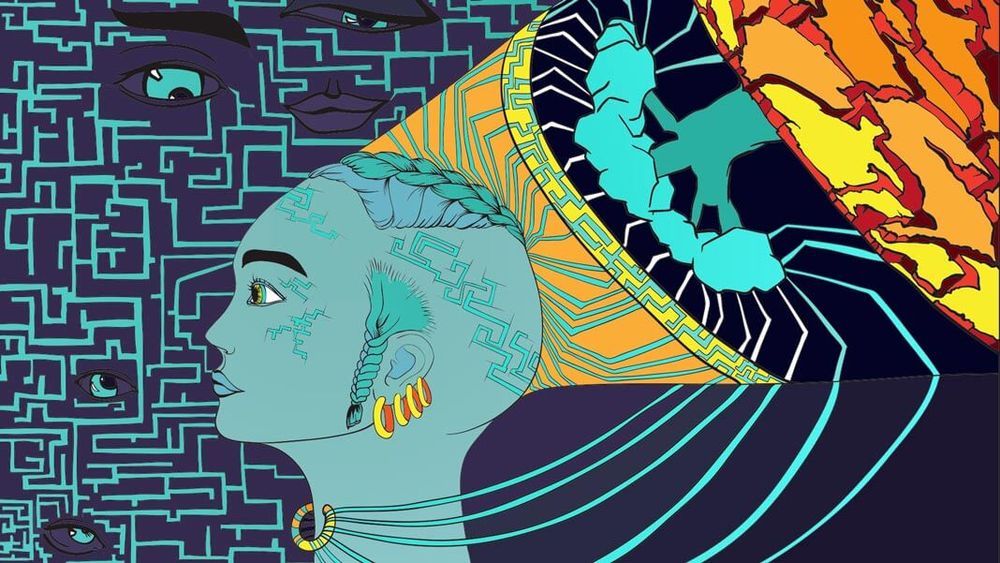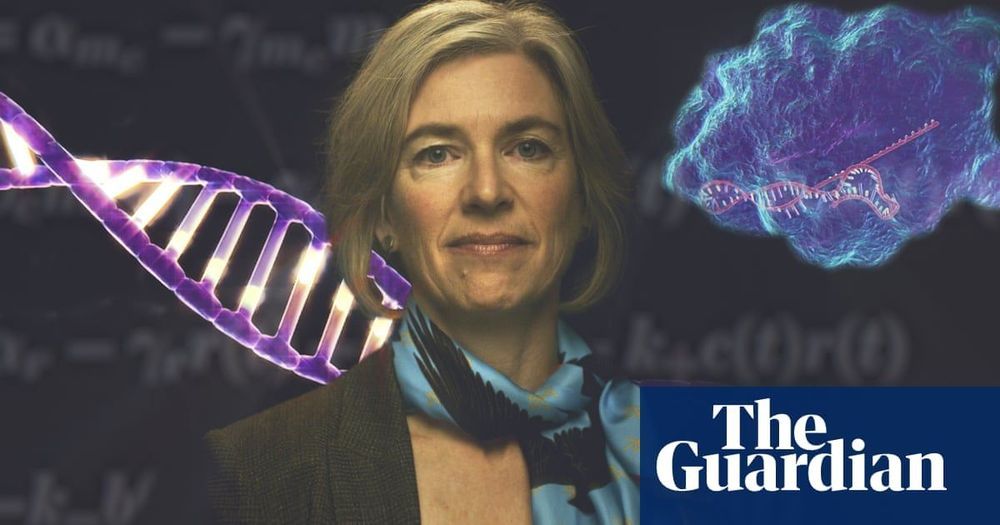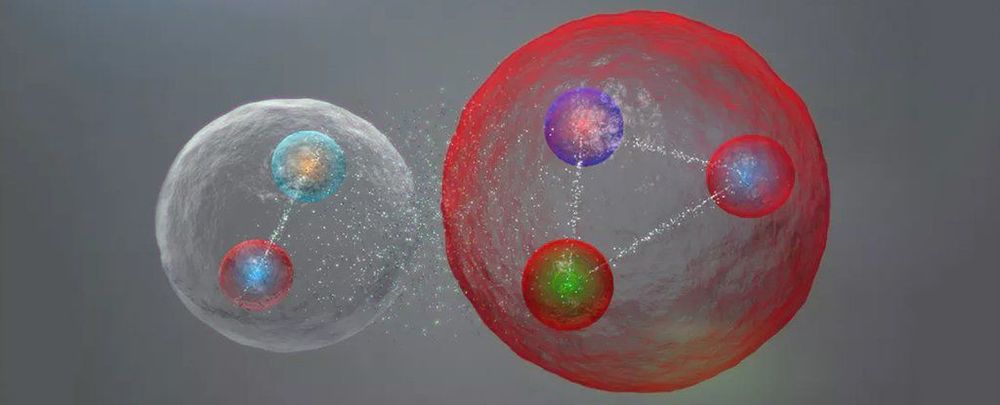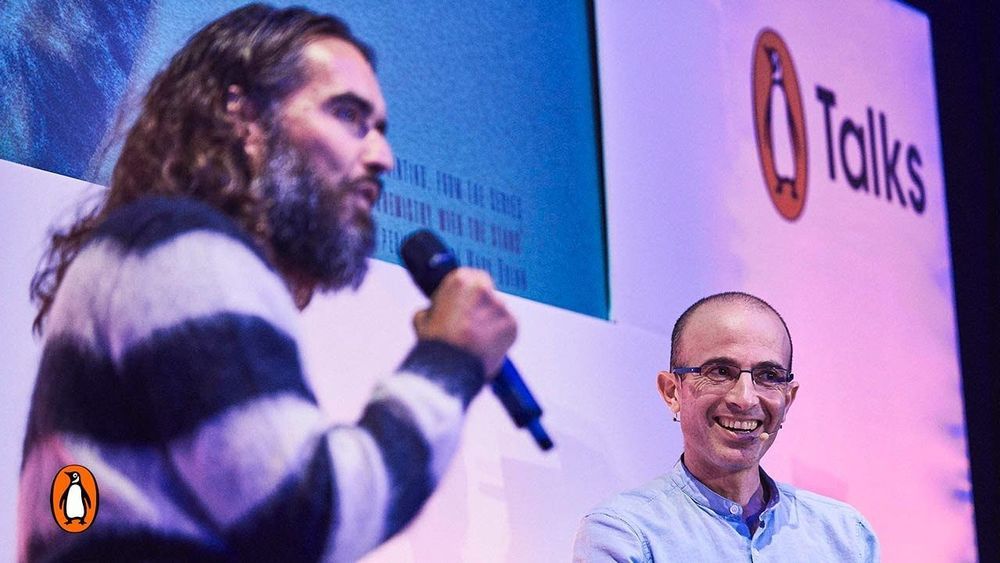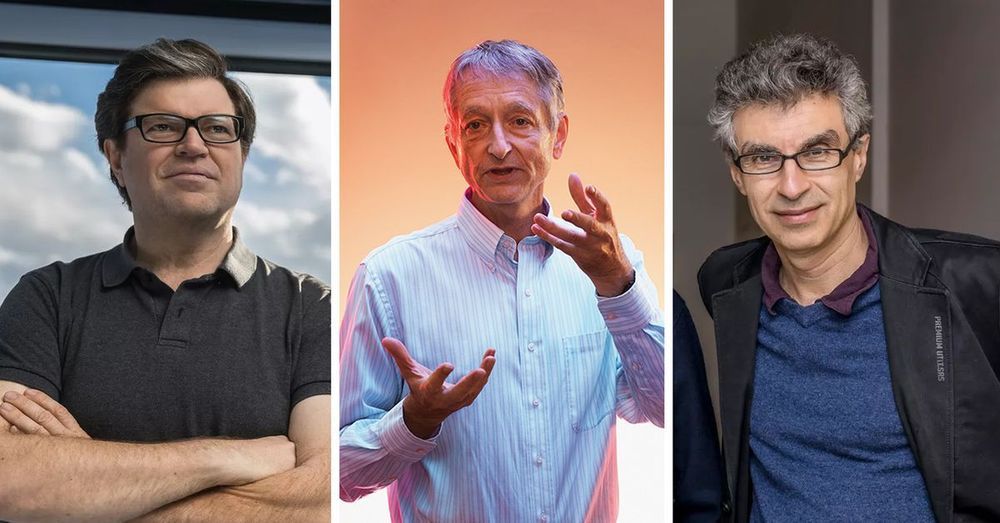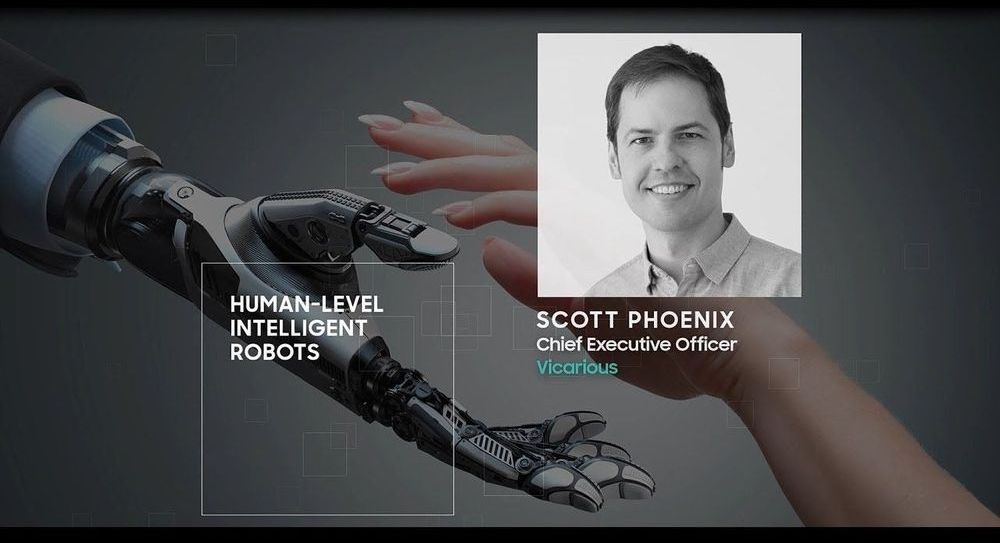Mar 28, 2019
The Human, Smart and Sustainable Future of Cities
Posted by Alexandra Whittington in categories: architecture, big data, environmental, transportation

The city of the future is a symbol of progress. The sci-fi vision of the future city with sleek skyscrapers and flying cars, however, has given way to a more plausible, human, practical, and green vision of tomorrow’s smart city. Whilst smart city visions differ, at their heart is the notion that in the coming decades, the planet’s most heavily concentrated populations will occupy city environments where a digital blanket of sensors, devices and cloud connected data is being weaved together to build and enhance the city living experience for all. In this context, smart architecture must encompass all the key elements of what enable city ecosystems to function effectively. This encompasses everything from the design of infrastructure, workspaces, leisure, retail, and domestic homes to traffic control, environmental protection, and the management of energy, sanitation, healthcare, security, and a building’s eco-footprint.
The world’s premier cities and architects are competing to design and build highly interconnected smart environments where people, government and business operate in symbiosis with spectacular exponentially improving technologies such as big data, the Internet of Things (IoT), cloud computing, hyperconnectivity, artificial intelligence (AI), robots, drones, autonomous green vehicles, 3D/4D printing, smart materials, and renewable energy. The architectural promise of future smart cities is to harmonize the benefits of these key disruptive technologies for society and provide a high quality of life by design. Some have already implemented smart city architecture and, as the concepts, experiences and success stories spread, the pursuit of smart will become a key driver in the evolving future of cities as communities and economic centres. Here we explore some of the critical trends, visions, ideas, and disruptions shaping the rise of smart cities and smart architecture.
Smart Cities – Purpose, Engagement and Vision
Continue reading “The Human, Smart and Sustainable Future of Cities” »

